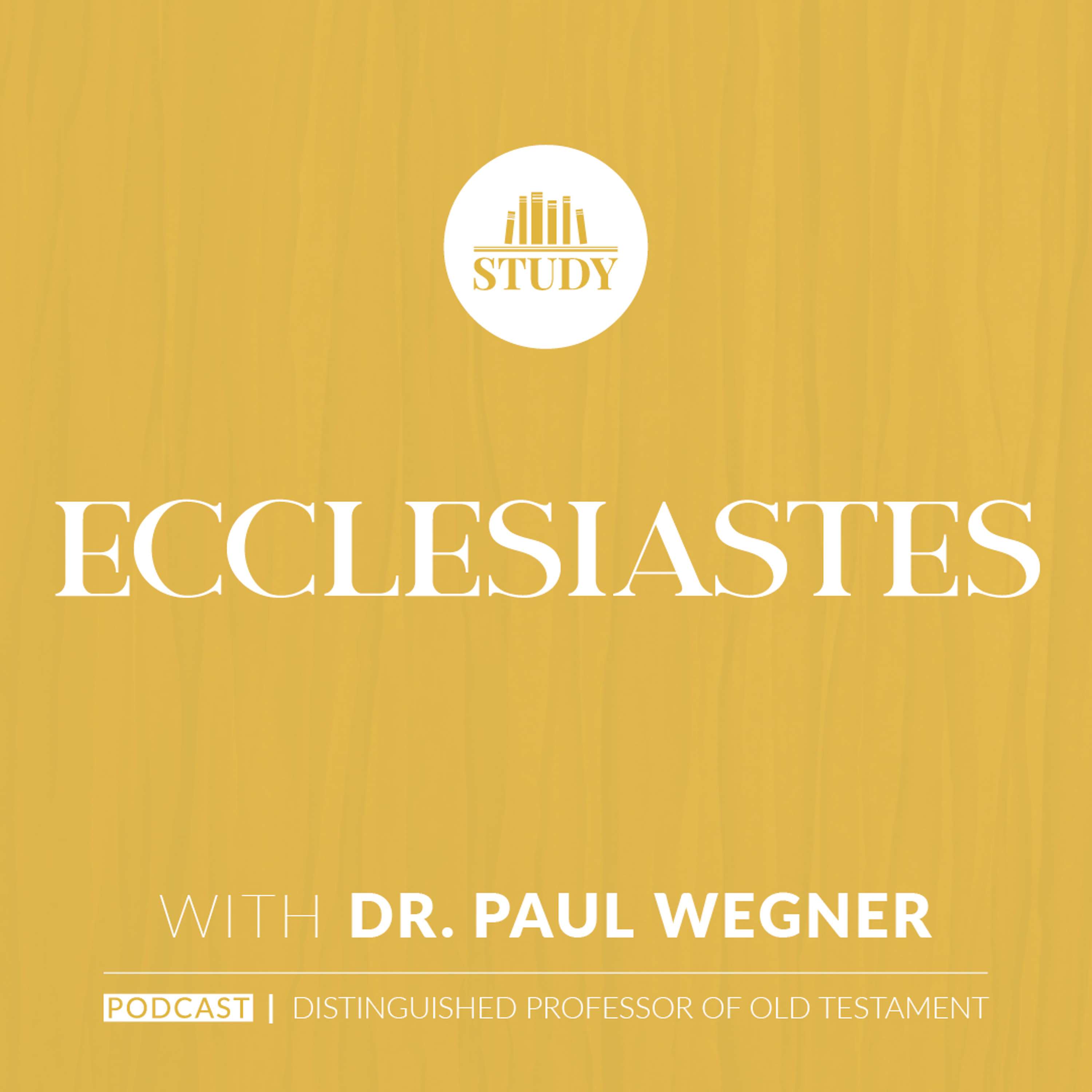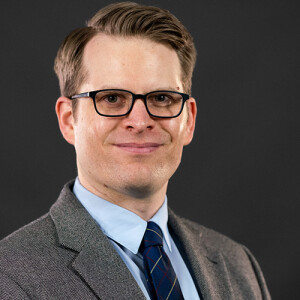Incomprehensible. That’s the best word to describe my response to the recent shooting in a Buffalo, New York supermarket. Reading the racist manifesto of the shooter leads me to another word—despicable. It’s hard for a person with so many non-white friends, employees, pastors, and fellow church members to understand—on any level—hatred directed toward African-Americans or other non-Anglos based on racial profiling. This kind of misplaced hatred is evil, now expressed in its rawest and most destructive form—the wanton killing of random people because they are perceived as a threat.
The rising anger among men, particularly young white men, is expressing itself in more and more alarming ways. The pseudo-intellectualism of white supremacy and the dysfunctional organizations this philosophy has spawned have become both facilitators of and harbors for this anger. When this vitriol is spewed on social media, it’s annoying. When it erupts in gunfire killing innocent victims, it’s horrific. As church leaders we have a responsibility to do more than speak out against these movements and their outcomes. We must reach more young men with the gospel and train them in healthy models of Christian manhood. To do so, we must embrace two key aspects of healthy ministry to men.
Men thrive when they have both responsibility and opportunity. Western culture is busy dismantling masculinity (and even the gender classification male), all in the name of rooting out toxic masculinity. While eliminating destructive behaviors (which have never been part of true Christian definitions of manhood), we seem to have thrown out the proverbial baby with the bath. We have jettisoned the importance of responsibility and opportunity as key aspects of healthy manhood (and ministry to men).
In answering a question in a conference, my wife once described a real man “as a person who takes responsibility for himself, his family, his church, and his community.” Taking responsibility may seem like a heavy burden, but it’s not. Men are like trucks; we handle better under a load. Effective men’s ministry is not primarily about helping men or doing things for men. It is about giving men real responsibility, teaching them how to fulfill it, and showing them healthy models for doing so.
In a similar vein, men need opportunity—to improve, to build, to make, or in short, to do. Effective men’s ministry presents opportunities for men to do something. When my sons were young men, the most effective ministries to them were actually not to them. They were opportunities given my sons to build something, lead something, or otherwise do something for others.
Churches must find ways to reach more men, particularly young men. This won’t be done with better music, slicker marketing, or flashier sermons. It will be done by church leaders who understand young men (and older men too) thrive on responsibility and opportunity. Men’s ministry built on those two pillars can push back the tide of aimlessness, frustration, and anger plaguing young men today. Let’s re-double our efforts to reach men by focusing on responsibility and opportunity as cornerstone of effective men’s ministry.
Read More

“Faith is a tree known by its fruits”: The Gisle Johnson Project
The Gisle Johnson Project is a new research endeavor spearheaded by Robb Torseth

Excerpt — Towards a Clearer Understanding of Jonathan Edwards’s Biblical Typology: A Case Study in the ‘Blank Bible’
Dr. Cameron Schweitzer provides new insights into Jonathan Edwards’s often mischaracterized typology.
Listen
Wisdom Books | Ecclesiastes
A common misconception about the book of Ecclesiastes is that it is very pessimistic. In actual fact, there is great comfort throughout the book that while life without God is meaningless, there is great satisfaction found when we cling to the Lord, and only to Him.

Ministering in Finland
Mikko Sivonen, Academic Dean of the Agricola Theological Seminary in Finland, joins Dr. Hopkins to discuss working as a missionary in a place where people are predominantly a different denomination than you. You can learn more about Mikko’s work here www.agricolasemin

Watch

Jonathan Edwards and the Asbury Revival
Chris Chun and Chris Woznicki discuss the signs of true revival, signs of the work of the Holy Spirit, and why it is important to critically assess the characteristics of revival in a spirit of charity.

Jonathan Edwards and the Baptists | Douglas Sweeney, Nathan Finn and Chris Chun
Dr. Douglas Sweeney and Dr. Nathan Finn joined Dr. Chris Chun for a panel discussion on Jonathan Edwards, recorded live at the SBC Annual Meeting in Anaheim.




